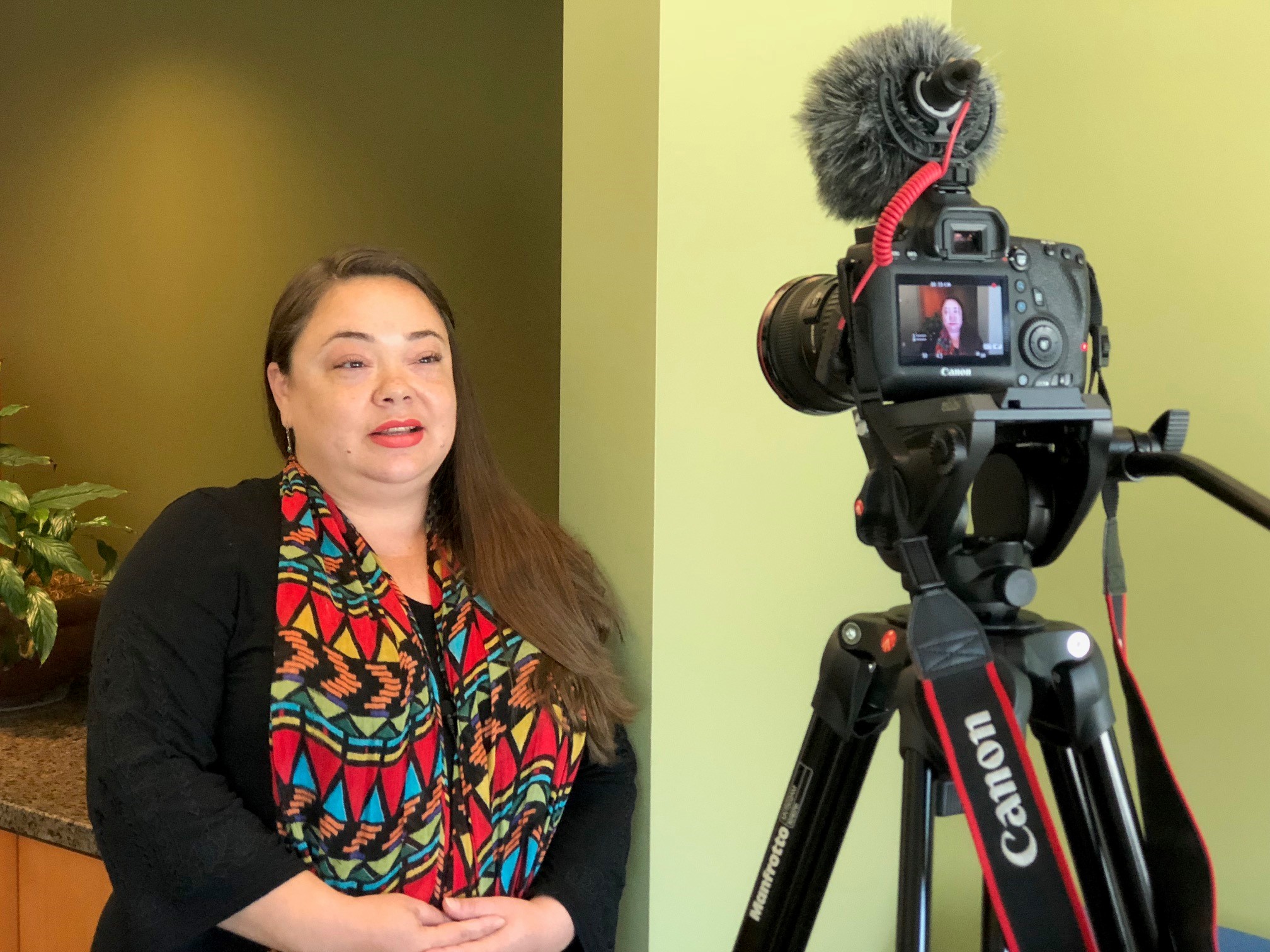What's Measure U and why is it important?
The Sacramento City Council is expected to vote July 31 to place the renewal of Measure U, the city’s half-cent sales tax, on the November ballot. Mayor Darrell Steinberg is advocating that the half cent be raised to a full penny so Sacramento will have more resources to build affordable housing, address homelessness, create jobs and get young people ready to fill those jobs.
Measure U is a general tax, so it would require a majority vote to pass rather than needing to meet the higher two-thirds vote threshold required for taxes earmarked for specific purposes.
The original Measure U was overwhelmingly passed by voters in the City of Sacramento in 2012 to protect and restore city services cut between 2008 and 2013, when the economic downturn depressed city revenues. It currently produces about $50 million annually for the city. The money is divided between police, fire and parks, with libraries receiving a small portion. In the upcoming fiscal year, Measure U will pay for 285 police and fire employees and 137 employees in parks.
Those services are essential, and they are threatened by the fact that Measure U is scheduled to expire on March 31, 2019. Without it, the city forecasts a deficit of nearly $44 million in fiscal year 2019/20.
Even though the Council can’t at this point dictate how the money from a renewed Measure U would be spent, the Mayor has outlined his vision in a speech on June 7. The first half-cent would continue to pay for police, fire and other traditional city services. A portion of the second half-cent would be invested by the city in job creation enterprises such as the city’s joint venture with UC Davis in the Aggie Square Innovation Campus. The rest of the money would be spent to prepare children and young people in Sacramento to fill the jobs of the future, to build affordable housing and to address the homeless crisis.
There is plenty of precedent for local governments using sales tax revenues for such purposes – with positive results. One example: A half-cent sales tax approved by voters in the Dallas-area city of Frisco, Texas has boosted the city's economy by an estimated $31 billion.
Mayor Steinberg believes the investments he proposes are necessary because without them Sacramento will never be able to fully participate in the modern economy. Poverty and income disparity is growing faster in Sacramento than in all but a handful of American cities. And research shows that while three quarters of the jobs being created today require a high level of skill, just 18 percent of Latino and black residents of the city obtain a four-year degree. And only half go on beyond high school at all. If we don't educate more of our people, we won't be able to attract or grow companies that need well-trained workers.
If Measure U passes, Sacramento will have a sales tax rate of 8.75 percent, still lower than many California cities, including Los Angeles, San Jose and Stockton.
Mayor Darrell Steinberg visits with a third-grader at Parkway Elementary




